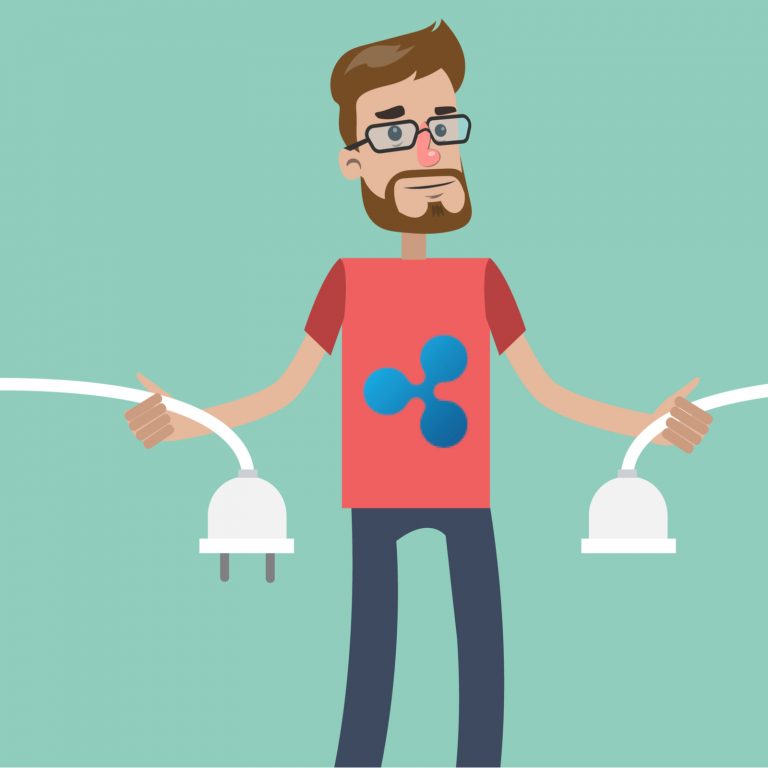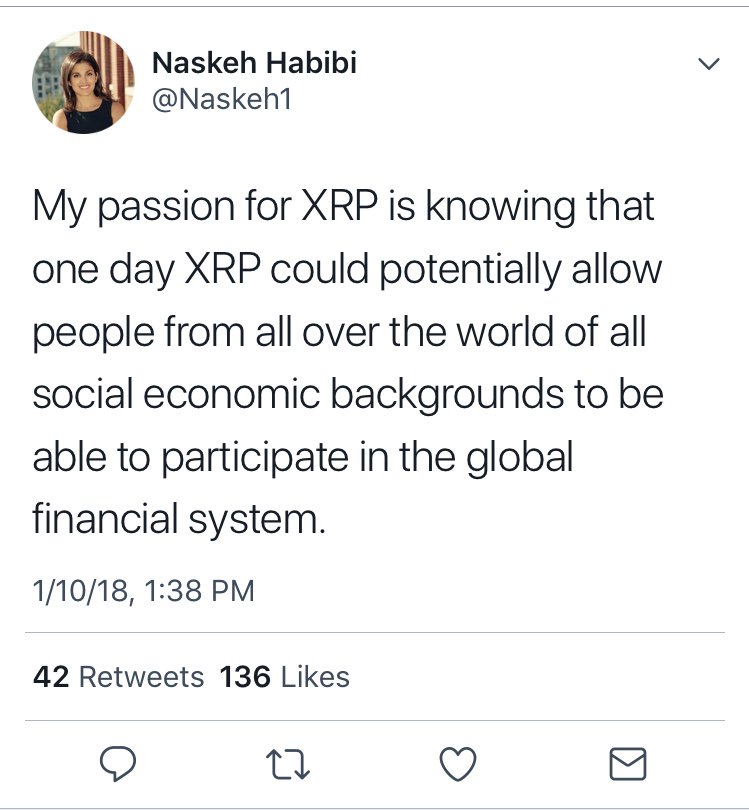
Despite being associated with cryptocurrencies such as bitcoin and ethereum, ripple’s status as a decentralized currency is a matter of dispute. Critics have taken aim at XRP for years, claiming that Ripple exerts an unprecedented degree of control over transactions, something the company has always denied. A new report from Bitmex Research, whose cryptocurrency analysis carries great weight, suggests that ripple may be even more centralized than previously thought.
Also read: The Rise and Fall of Ripple is a Case Study in Mass Hysteria
Bitmex Goes Forensic On Ripple
The Bitmex blog, operated by the exchange famed for its 100x leverage, isn’t like other blogs. Instead of being ephemeral and newsy, it’s characterized by deep and thoughtful research that is unlike anything else within the crypto space. When a new blog post is published, the community takes notice. On Monday, the latest Bitmex Research post, “The Ripple story”, arrived. Written more like an academic paper than a blog, it delves into the origins and backstory to Ripple in forensic detail.
 While the entire report will be of interest to anyone trying to gauge what to make of Ripple, it is the section regarding centralization that has provoked the most interest. In January, news.Bitcoin.com reported on Ripple Gateways’ ability to freeze users’ funds, something the company’s chief cryptographer David Schwartz bitterly protested. The Bitmex blog post explores this allegation at length, explaining:
While the entire report will be of interest to anyone trying to gauge what to make of Ripple, it is the section regarding centralization that has provoked the most interest. In January, news.Bitcoin.com reported on Ripple Gateways’ ability to freeze users’ funds, something the company’s chief cryptographer David Schwartz bitterly protested. The Bitmex blog post explores this allegation at length, explaining:
In 2015, Ripple took advantage of the Ripple freeze feature instituted in August 2014. The Bitstamp gateway froze funds belonging to a family member of Jed McCaleb. Some consider this ironic: Ripple originally stated that the freeze feature was implemented to enable gateways to comply with orders from law enforcement yet the first actual usage of the feature appears to have been an order to comply with an instruction from the Ripple company itself, against one of the founders.
This information was already in the public domain thanks to to court documents, as was the news that the first 32,000 block headers from the Ripple ledger are missing, making it impossible to fully audit the company all the way back to when 100 billion XRP were created. 2013 is a long time ago in cryptocurrency history, and a lot has happened since then, both to Ripple and to the industry in general. Bitmex does a meticulous job of tracking the ups, downs and labyrinthine goings on at Ripple HQ – or Ripple Labs as the company was known at one stage in its history.

Central Station
The most explosive part of the Bitmex blog regards the extent to which Ripple is centralized, and here the report’s author digs up new information that had not previously been documented: “In January 2018, the BitMEX Research team installed and ran a copy of Rippled for the purpose of this report. The node operated by downloading a list of five public keys from the server v1.ripple.com…All five keys are assigned to Ripple.com. The software indicates that four of the five keys are required to support a proposal in order for it to be accepted.”
Since the keys were all downloaded from the Ripple.com server, Ripple is essentially in complete control of moving the ledger forward, so one could say that the system is centralised. Indeed, our node indicates that the keys expire on 1 February 2018 (just a few days after the screenshot), implying the software will need to visit Ripple.com’s server again to download a new set of keys.
As the report acknowledges, there are many benefits to centralized systems from a performance perspective, however “some Ripple marketing, like the image below, contends that the Ripple system is distributed, which some may consider misleading”. There are two sides to every story of course, and Ripple’s passionate chief cryptographer wasted no time in seeking to clarify a few points that were raised in the report.
The Bitmex blog concludes by saying “The real mystery about Ripple is that, given the large market value of the system, why are all the Bitcoin critics so silent?” This claim is debatable, for numerous high profile Twitter commenters and major publications, including this one, have repeatedly sought to shed light on Ripple’s token model, freeze feature, and degree of centralization. It may be more accurate to conclude that bitcoiners are well aware of Ripple and have elected to give the company and its coin a wide berth for the reasons outlined above.

Newcomers, who comprise the bulk of the crypto community these days, either don’t know or more likely don’t care about principles such as decentralization or the fact that the company controls the bulk of all XRP in existence. Regardless of one’s stance on Ripple and its XRP currency, the Bitmex report sheds welcome light on a company whose beginnings and operations are shrouded in mystery.
Has the Bitmex report changed your views of Ripple and do you think decentralization matters? Let us know in the comments section below.
Images courtesy of Shutterstock, Ripple, and Bitmex Research.
Need to calculate your bitcoin holdings? Check our tools section.
The post New Research Suggests Ripple Is Even More Centralized Than Previously Thought appeared first on Bitcoin News. [affilinet_performance_ad size=728×90]






